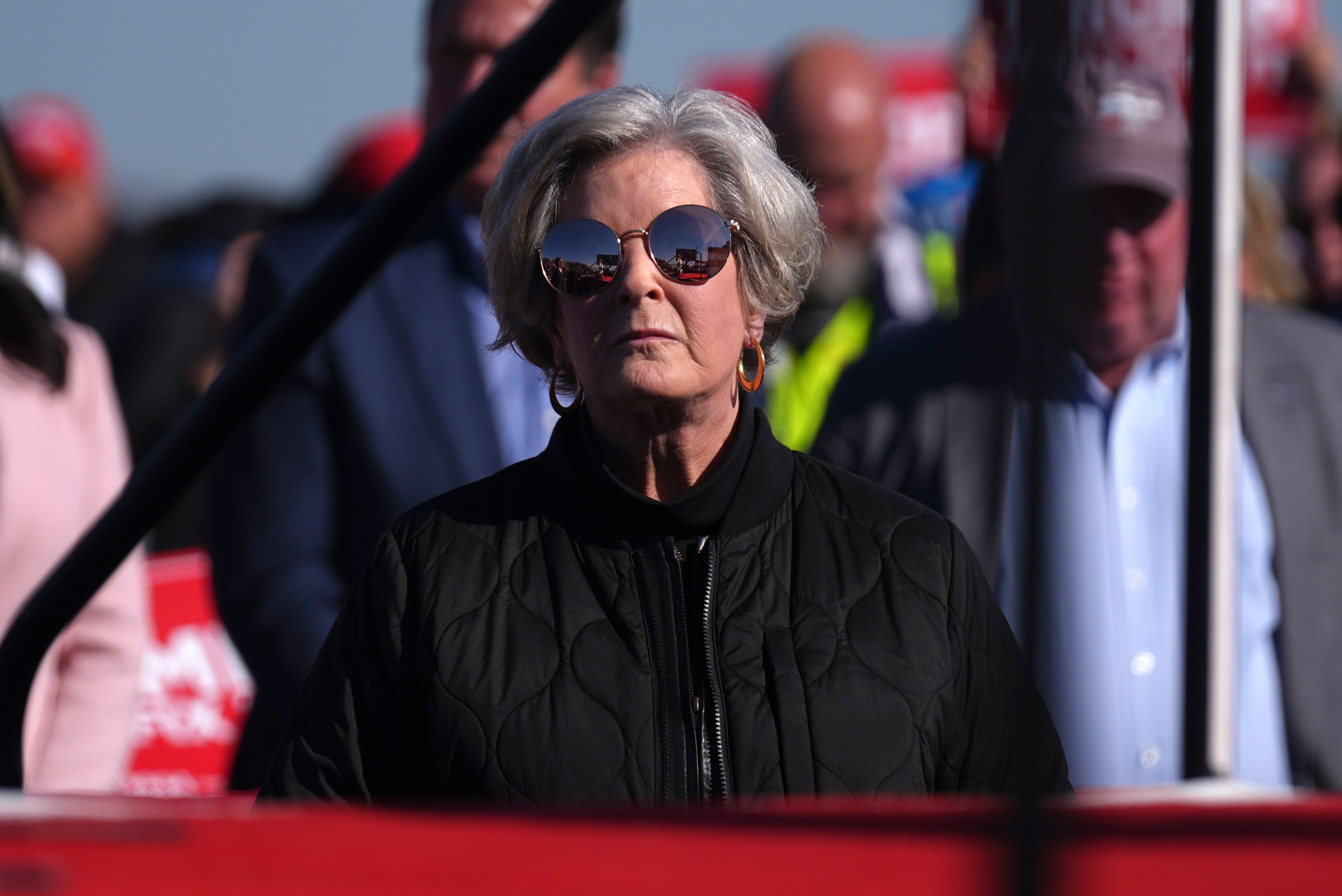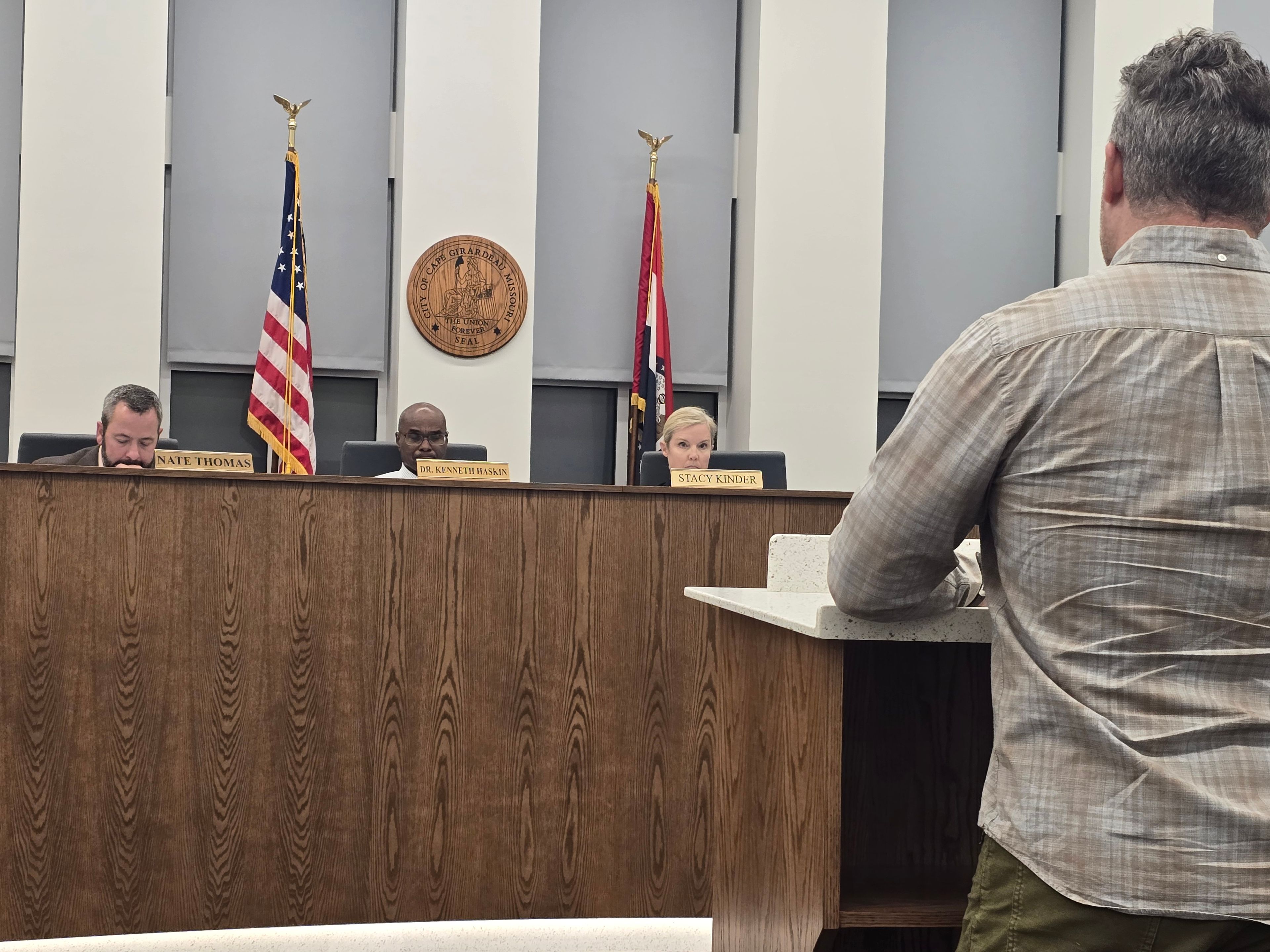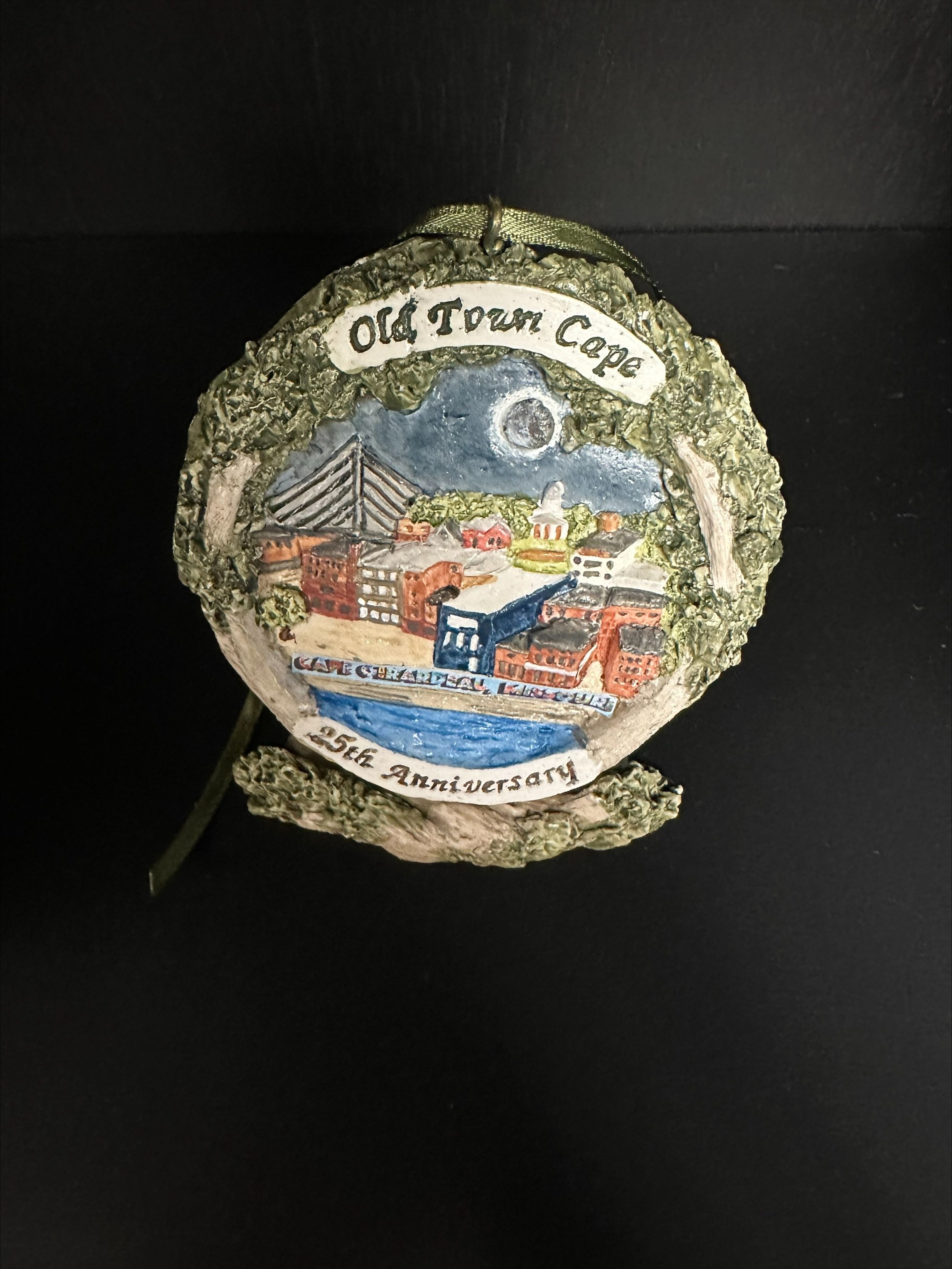UNIQUE HOUSING PROGRAM TURNS 50
LILBOURN -- This month marks the 50th anniversary of the formation of a unique, nonprofit housing group that assumed ownership and management of 600 low-rent housing units in 10 villages in five Southeast Missouri counties. Delmo Housing Corp., which was organized by farm, business and church leaders in Southeast Missouri and St. ...
LILBOURN -- This month marks the 50th anniversary of the formation of a unique, nonprofit housing group that assumed ownership and management of 600 low-rent housing units in 10 villages in five Southeast Missouri counties.
Delmo Housing Corp., which was organized by farm, business and church leaders in Southeast Missouri and St. Louis, received notification on Nov. 14, 1945, that U.S. Department of Agriculture officials in Washington had approved the sale of the low-cost rental homes. The homes originally had been built by the now-defunct Federal Security Administration, a bureau of the USDA.
Federal officials at the time decided to terminate USDA housing programs while making no arrangements to sell or dispose of the buildings that were being abandoned.
Forty days later, the Southeast Missouri-based corporation formally became the owner-manager of the 10-village complex, and immediately began making plans to sell the homes to families that had been occupying them since they were built in 1940 and 1941. Families wishing to purchase their homes, and almost all of them did, were asked to pay $100 down, with the balance to be amortized at 5 percent interest over a five-year period.
The plan was later amended to an eight-year amortization schedule at 3 percent, plus insurance and taxes, and monthly payments were set at $10.20. Two hundred families immediately made down payments, and within a short time the number reached 314, with 161 other families signing promissory escrow agreements. Additional purchase agreements were signed later for the remaining 125 residences.
By 1954, virtually all available homes had been paid for, with only three defaulted contracts.
Today the corporation exists as a service agency to the villages in Mississippi, Stoddard, New Madrid, Pemiscot and Dunklin counties, with its principal offices at Lilbourn. Services are provided not only to Delmo residents but other low-income farm families in the region. They include educational programs at both elementary-secondary and college levels, extension programs carried out in cooperation with Lincoln University, additional housing programs that have seen nearly 50 homes constructed, an innovative program for movable housing units for the elderly, a thrift shop, free surplus-food pantry, health services and seasonal youth-work camps.
Delmo's genesis is a stormy one, predating its corporate beginning. The need for low-rent housing for farm workers was highlighted by a sharecroppers' roadside demonstration along U.S. Highway 61 in 1939, the result of dissatisfaction with payment of federal crop subsidies to workers who performed the bulk of farm labor in the Farm Belt at the time.
Moving their belongings from the homes provided by landowners to the shoulders of the highway, hundreds of people camped out, their well-publicized actions attracting both state and national attention and concern.
David Burgess, an active participant in the early protest days and a leader among farm workers during the quest for modern housing, will be honored at a reception in St. Louis today and will attend a similar event the following day at Delmo's Lilbourn office. Also scheduled to attend are former board members and program directors who over the past half century have played a major role in developing a unique self-help housing program for low-income farm families in Southeast Missouri.
Connect with the Southeast Missourian Newsroom:
For corrections to this story or other insights for the editor, click here. To submit a letter to the editor, click here. To learn about the Southeast Missourian’s AI Policy, click here.







